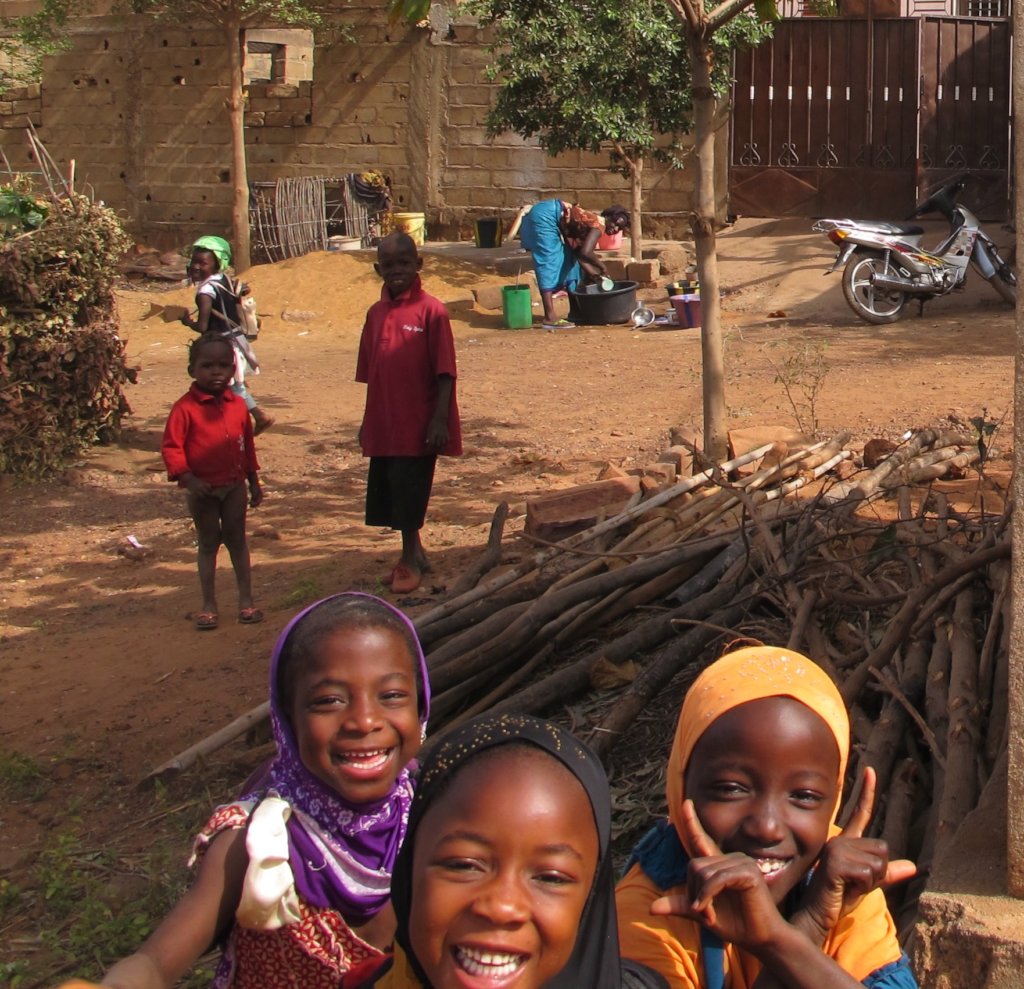By Idalmis Lopez | Grant Research Intern
According to UNICEF, although education in Mali has been improving over the last decade, more than two million children between 5 to 17 years of age still do not go to school, and over half of Mali’s young people aged 15 to 24 are illiterate. Contributing factors to the high drop out and out-of-school rates include household poverty, child labor, child marriage, insecurity and a lack of schools close to children’s homes. Access to and completion of schooling is particularly challenging for Malian women. Due to reasons relating to child marriage or early pregnancy, girls from the poorest families are at highest risk of school dropout; only 73.8% of girls are enrolled in primary basic education, compared with 85.8% of boys. By the time they reach secondary education, the proportion of girls enrolled is only 15%, compared with 21% of boys. According to the United Nations Population Fund, in 2017, 43% of Malian girls between the ages 15-19 were married, perhaps more notable was that the UNFP also found that less than 6.5% of these young girls reported using any form of protection when engaging in sexual activity with their spouses.
The committee on prevention and control of sexually transmitted diseases (STDs) in the USA estimated that the annual costs of selected major STDs are approximately $10 billion, or $17 billion if HIV is included. Taking into account the national 2% HIV prevalence and a HPV prevalence of 12% among Malian women—rates primarily driven by a lack of awareness, early sexual debut and marriage, as well as sexually transmitted infections—inadequate health education and resources pose a tremendous burden to Mali and have significant health, social and economic consequences. The Malian government has not remained idle in addressing this issue, in fact, in 2018 education officials attempted to incorporate health and reproductive health subjects into the teaching curriculum. However, in 2019, the Malian government announced that it was withdrawing a proposed sexual education textbook for adolescents after Malian religious leaders voiced strong opposition.
GAIA VF recognizes that school-based health management and reproductive health knowledge, as well as the availability of adequate facilities, can be a significant factor in keeping youth, particularly young girls, in school and ensuring their academic success. Because it is rare for Malian families to discuss the onset of puberty and sexual health, the first critical step is to overcome the taboos and misconceptions that surround these topics. Via the Teen Peer Educator Program, teen girls and boys have a better understanding of health and are empowered to manage their own health, practice safe and healthy behaviors, and continue their education. The internal turmoil currently developing in Mali has proved that Malian youth are an important voice in the call for change. It is Mali’s youth from all political, class and ethnic groups who have come together and are driving the movement. Until all youth in Mali can access accurate health education and resources, GAIA VF is committed to addressing this area of need. Donating to the Teen Peer Educator Program today ensures the well-being of Mali’s youth tomorrow.
Project reports on GlobalGiving are posted directly to globalgiving.org by Project Leaders as they are completed, generally every 3-4 months. To protect the integrity of these documents, GlobalGiving does not alter them; therefore you may find some language or formatting issues.
If you donate to this project or have donated to this project, you can receive an email when this project posts a report. You can also subscribe for reports without donating.
Support this important cause by creating a personalized fundraising page.
Start a Fundraiser